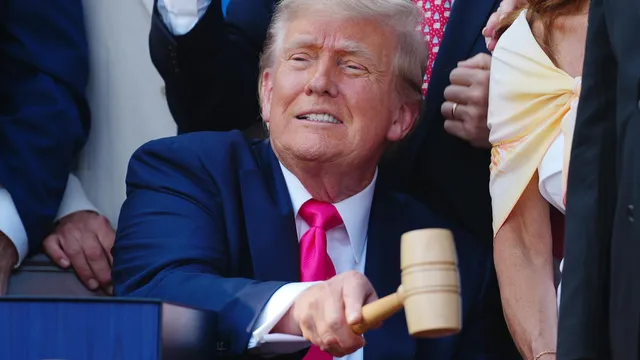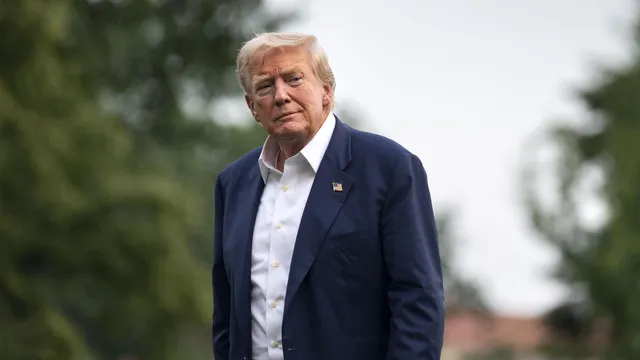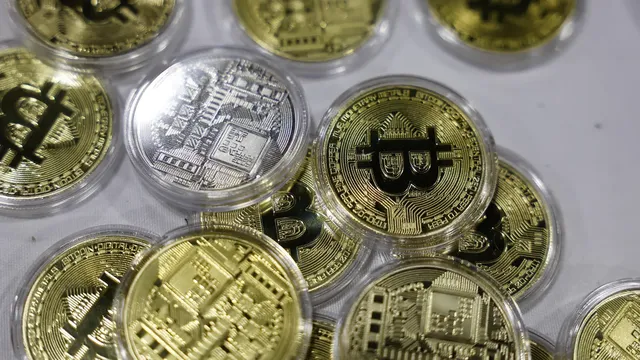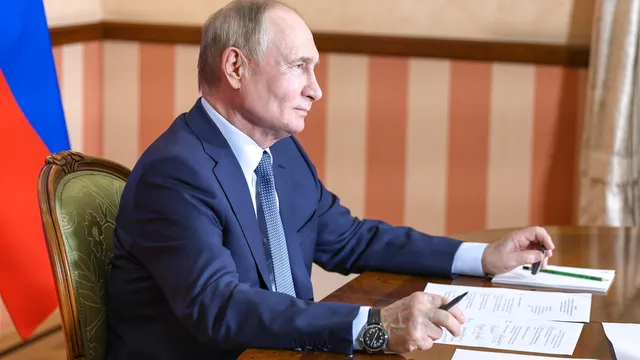This means that until this ban is lifted, the number of new foreign students who can apply to study in the United States is zero. Technically, this is said to be a temporary measure that will allow the administration to implement a new vetting procedure for applicants. Similar measures are planned including applicants' social networks. It is possible that interviews will resume in days, but it may take considerably longer.
However, this step is part of a wider offensive against foreign students. Donald Trump has already attempted to ban Harvard from accepting international students, an action that was halted by a federal court. It was part of a widely publicized clash with the university over the issue of alleged discrimination against white Americans, but it also reflects Trump's deeply held belief that foreigners are "taking away the spots" of American students.
"I think Harvard should limit international students to a maximum of 15%, not 31%. We have Americans who want to study there but can't because the spots are taken by foreigners," Trump said, as quoted by Bloomberg.
It's the same view Trump has of immigration and international trade: that it's all a fixed quantity - a "pie" that just has to be rationed. If you kick out the immigrants - the jobs stay and are distributed to locals. If you ban imports - Americans just buy local. If you kick out foreign students - university spots don't go down, Americans just get more.
The problem is that this thinking is fundamentally flawed. And expelling foreign students not only directly harms many American communities, but in the long run undermines the country's innovation, competitiveness, and economic strength.
Why international students are key
The crackdown on international students is unfolding against a backdrop of heightened geopolitical tensions and fierce domestic political debates. The U.S. has suspended scheduling student visa interviews at all embassies. The administration is preparing to impose even stricter rules on social media screening of applicants, citing national security concerns and fears of campus tensions.
Most recently, the White House tried to stop Harvard from admitting foreigners, but a court struck down the measure. In the meantime, however, international students continue to play a significant, if often underappreciated, role in the American economy.
According to the Institute of International Education, more than 1.1 million foreign students studied in the U.S. in the 2023-2024 academic year, with the largest source country being India with 331,602 students, followed by China with 277,398 students. South Korea, Canada, and several other countries also have significant numbers of students studying in the United States. They contributed a record $43.8 billion to the nation's economy and supported more than 378,000 jobs, according to the latest report from NAFSA: Association of International Educators, cited by the newspaper. "Washington Post. This is the highest level ever reported, surpassing the previous peak of $41 billion in 2018-2019.
The backbone of scientific innovation
Beyond financial contributions, international students are a driving force in scientific research and technological advancement. They make up the vast majority of students in STEM fields (science, technology, engineering and mathematics). According to a 2021 study by the National Foundation for American Policy, international students represent:
82% of working petroleum engineering majors;
74% in electrical engineering;
72% in computer science;
70% in statistics;
and over 50% in fields such as mathematics, chemical engineering, and pharmaceutical sciences.
These students are not just consumers of the American education system - they are co-authors of patents and academic publications, especially in sectors such as artificial intelligence, biomedical engineering, and quantum technologies. They are a direct source of the innovations that make America a global leader in technology.
For the Trump administration, the ban on foreign students serves multiple purposes: pressure on progressive universities, ideological cleansing among immigrants, limiting the presence of foreigners in the country. For China hawks, it is also a convenient opportunity to restrict Chinese students, often suspected of espionage.
"The U.S. will aggressively revoke the visas of Chinese students," said Secretary of State Marco Rubio.
"We will change the criteria for visas to tighten the vetting for applicants from China and Hong Kong," he said.
The policy of isolating and restricting access for foreign students, pursued in this manner, is destructive - both economically and strategically, the Indian news portal Economic Times said.
Instead of protecting the interests of Americans, it is harming universities, innovation and the global competitiveness of the United States. | BGNES
Visa freeze for foreign students will cost the US tens of billions
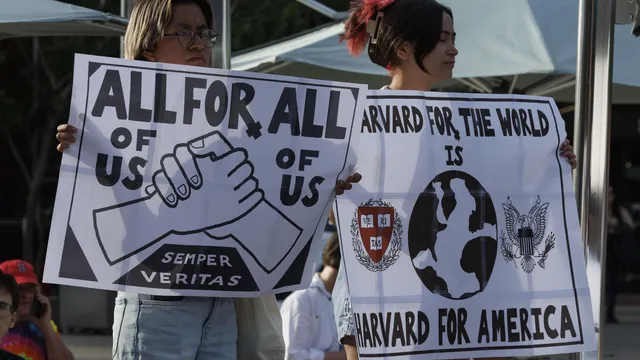
BGNES
Donald Trump's administration has officially frozen all student visa interviews for foreigners who want to study in the United States.


 Breaking news
Breaking news
 Europe
Europe
 Bulgaria
Bulgaria

